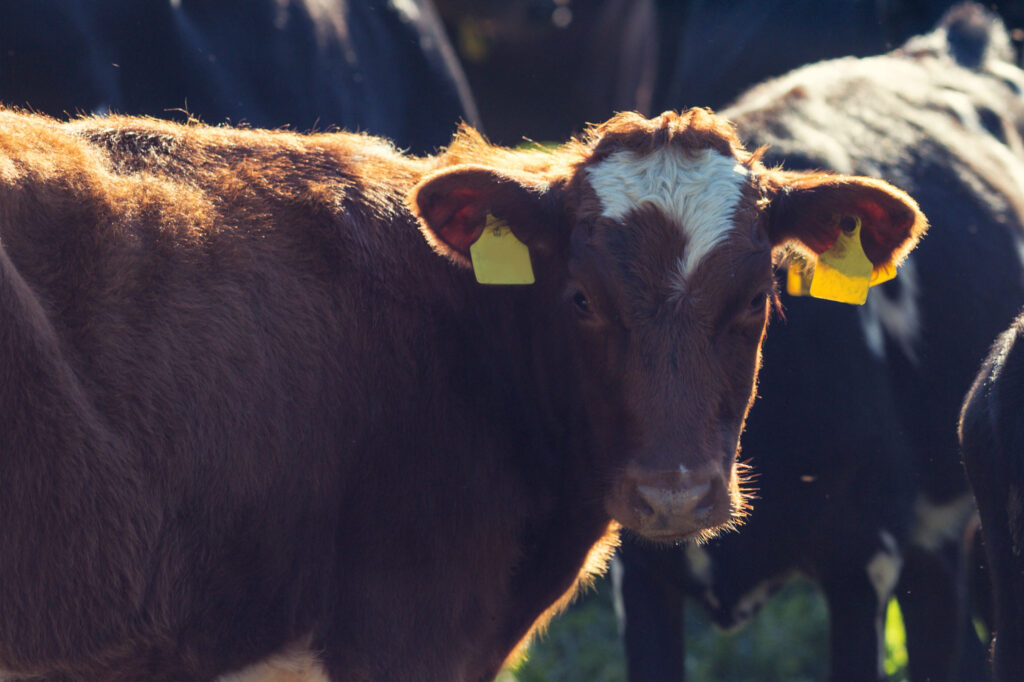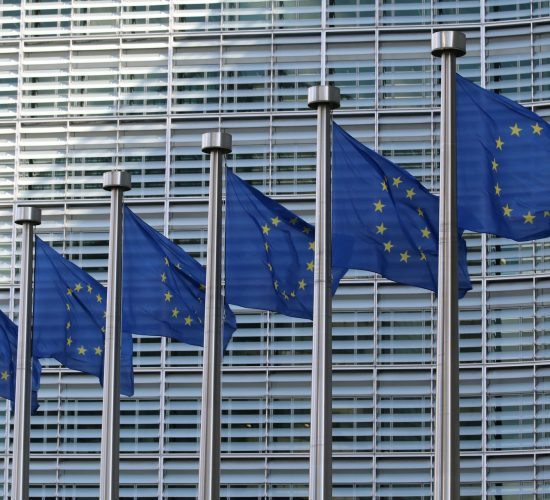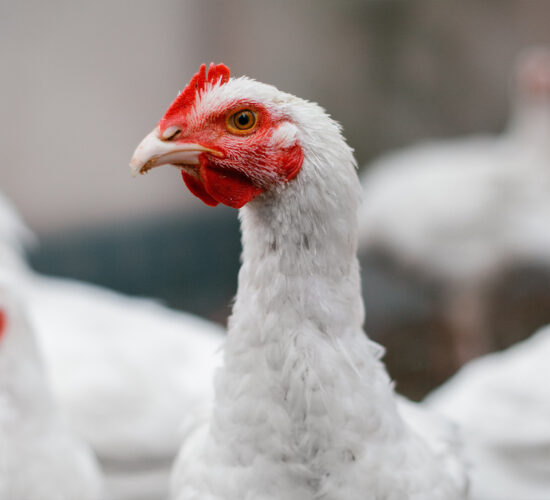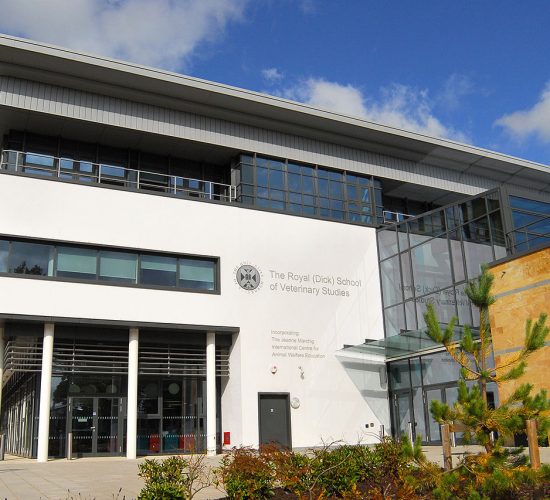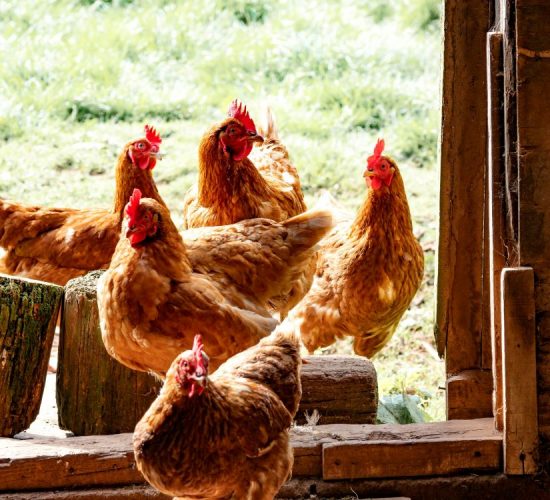A quarterly meeting for all members of the Global Coalition for Animal Welfare took place on 8 May 2024.
We are most grateful to our guest speaker at this meeting, Dr Harriet Bartlett, Research Fellow in Sustainable Food Solutions, Smith School of Enterprise and the Environment at the University of Oxford. She briefed members on two research projects on approaches to balancing environmental sustainability and animal welfare in livestock systems.
The first project analysed the degree to which impacts of livestock farming on land use, greenhouse gas emissions, antimicrobial use and animal welfare require trade-offs, testing the widespread assumption that compromises are inevitable. Dr Bartlett’s conclusion, that such compromises were not universal and that optimal farms that could achieve excellence across all indicators did exist, highlighted that there were opportunities for all types of farms to improve.
Information sharing is considered key to achieving this. Hence, a second project will be considering the extent to which providing farmers with comprehensive information improves sustainability outcomes. Research will be focused on beef, dairy, pig, shrimp and crop production across Europe, Brazil, Vietnam and Kenya and will take place over the next three years. The project will offer participating farms benchmarking information, opportunities for peer-to-peer learning, and advice on the actions that will likely impact their results. The ultimate goal is to define accessible, effective and scalable solutions.
The meeting continued with an interesting Q&A with Dr Bartlett, and updates from across GCAW’s working groups on laying hen welfare, broiler chicken welfare and pig welfare.
The Secretariat drew attention to a new GCAW Knowledge Share resource, the case study-led Implementing Animal Welfare Commitments: GCAW Member Experiences on the GCAW website. This is intended to provide inspiration and guidance to members and non-members alike.
Dr Nathan Williams, GCAW Secretariat, said, “Harriet Bartlett’s perspectives on the difficulties of securing good outcomes for both environment and animal welfare resonated for all GCAW member companies, for whom this is an ongoing balancing act of prioritisation and resourcing. Her findings to date are encouraging for the prospect of raising animal welfare standards at scale and we look forward to further insights arising from her latest research in due course.”

